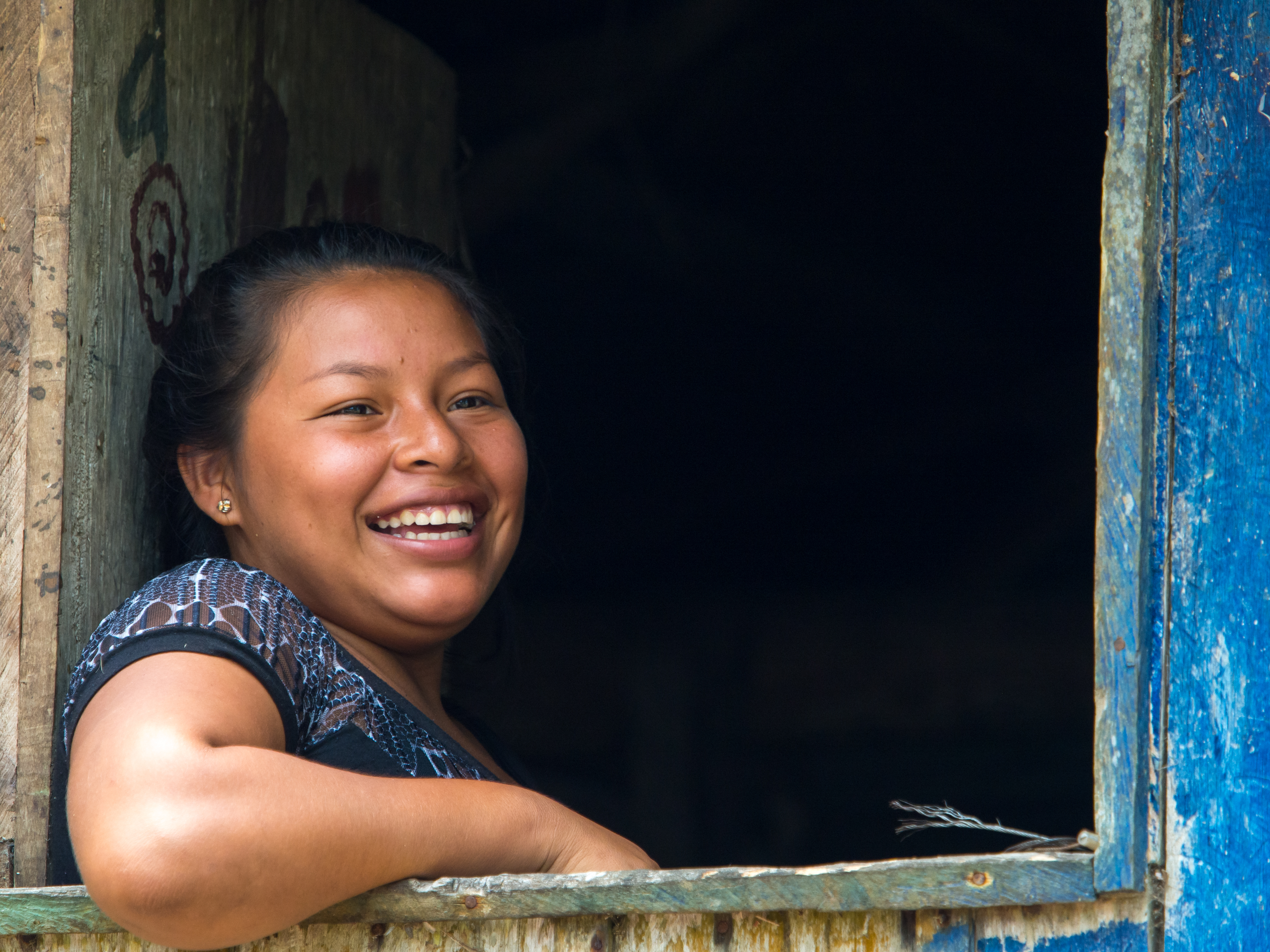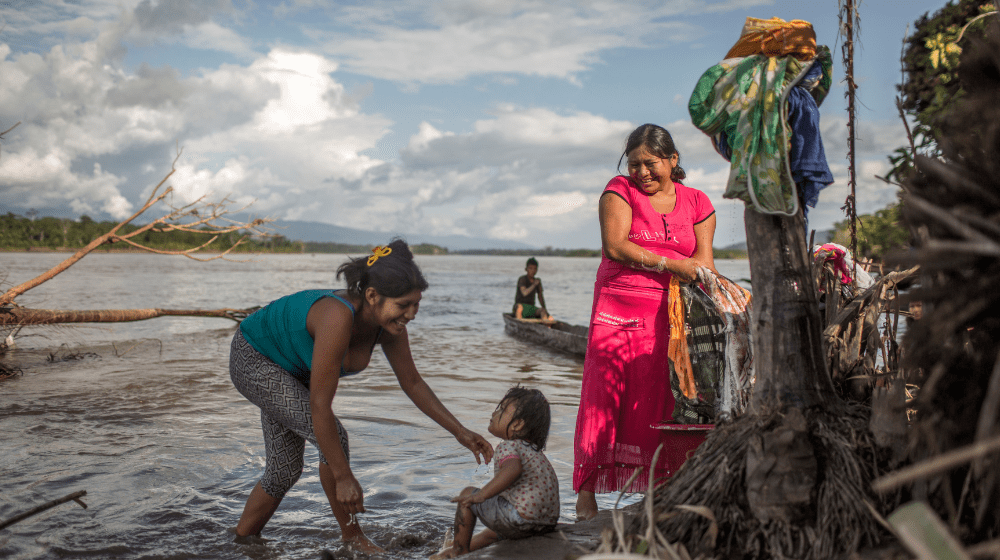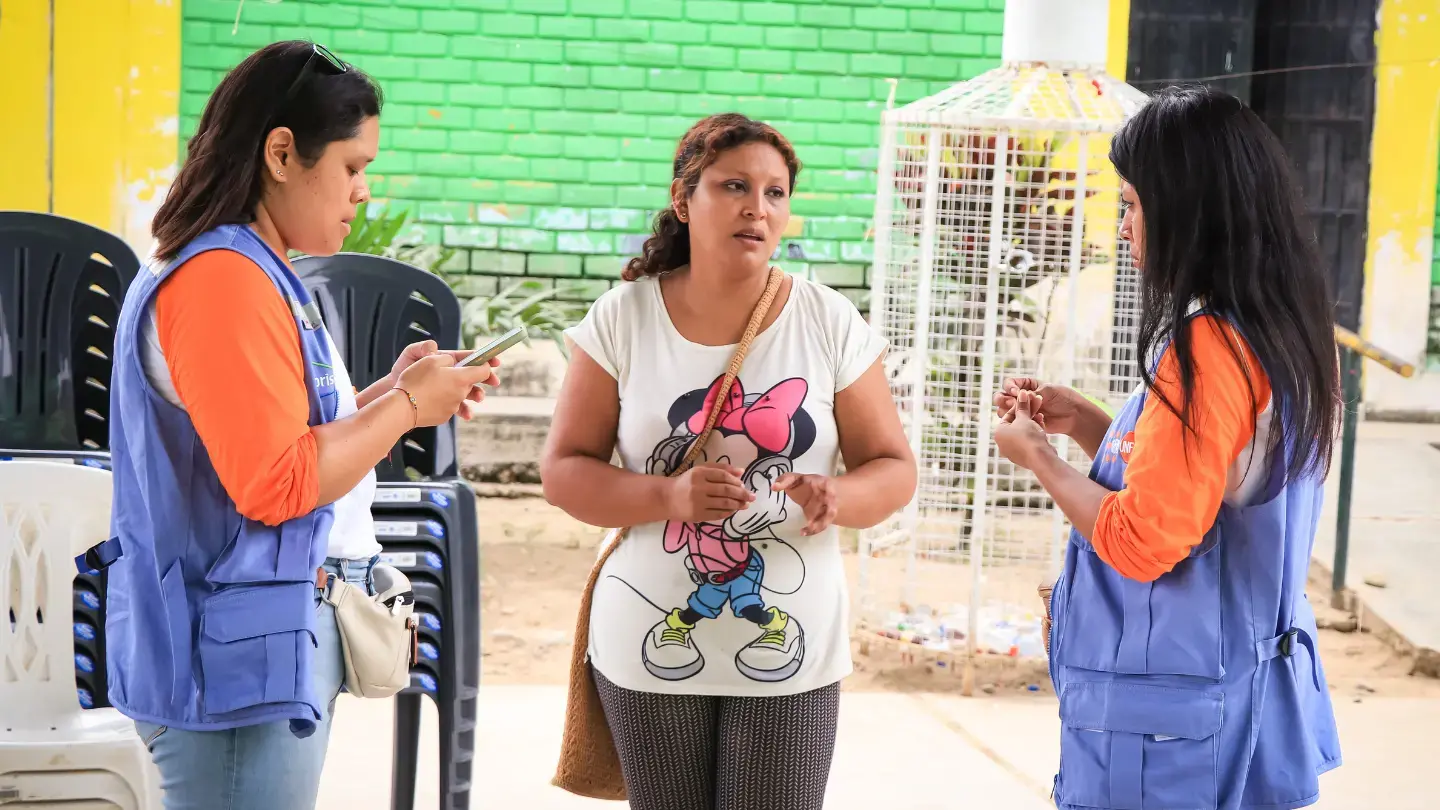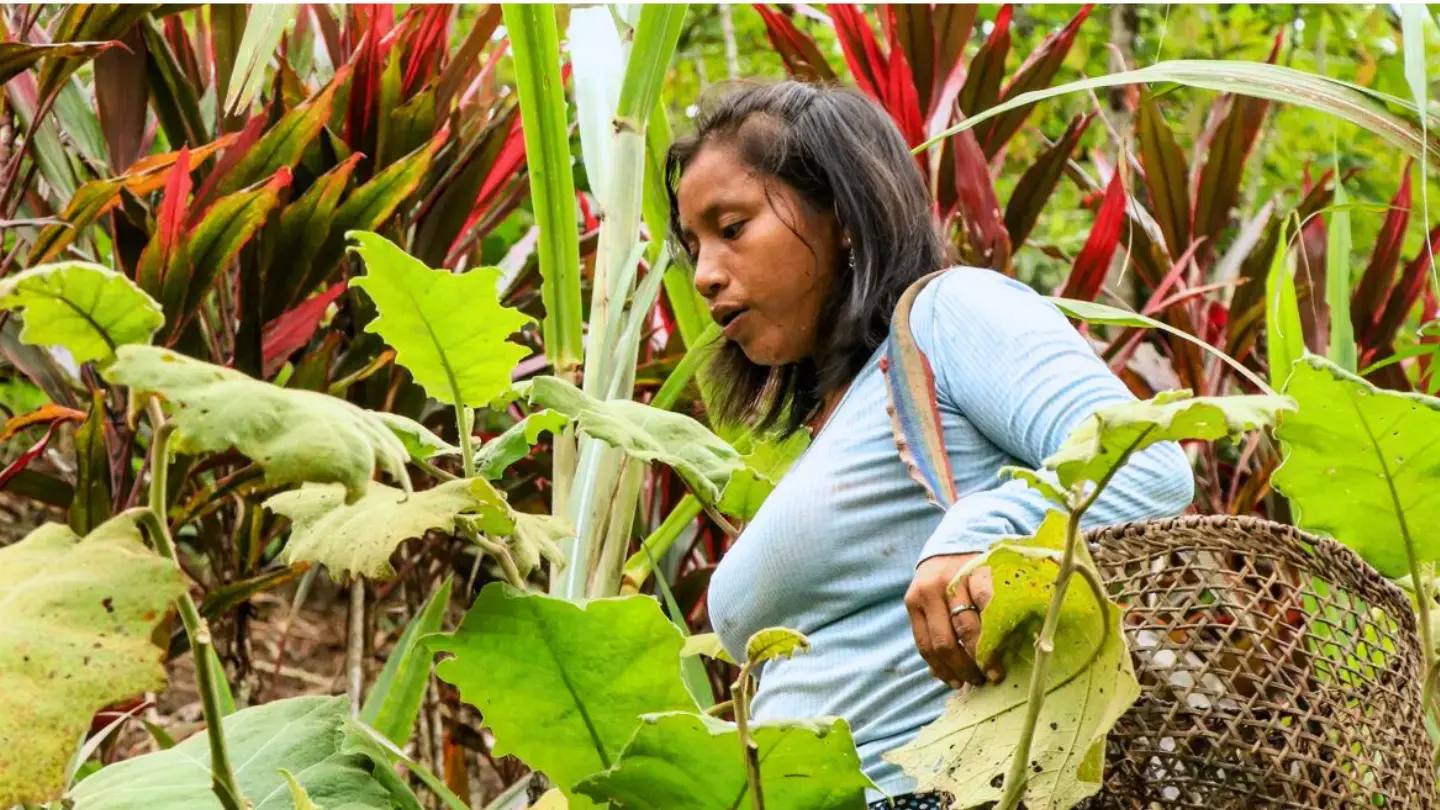World Population Day (July 11): Statement from the United Nations Population Fund (UNFPA) in Peru
On the occasion of World Population Day, the United Nations Population Fund (UNFPA) celebrates the progress toward an increasingly diverse and healthy population, while recognizing the inequalities and the need to move towards greater inclusion.
LIMA, Peru – In her statement for this year's World Population Day, UNFPA Executive Director Dr. Natalia Kanem emphasizes the importance of counting people so they are visible and their needs are not overlooked. Otherwise, she argues, there is a risk that a 10-year-old girl will lack healthcare in the midst of a conflict, or that an elderly woman with a disability will have no safety net in a crisis, or that a newborn in a remote indigenous community will not have the birth registration necessary for protection.
Kanem reminds us that, over the past three decades, in response to the call of the 1994 International Conference on Population and Development in Cairo, societies worldwide have made enormous strides in the collection, analysis, and use of disaggregated demographic data that reflect the diversity of our societies. These advances have improved the delivery of health services to people around the world and have enabled significant progress in sexual and reproductive health, as well as in the ability to exercise their rights and make decisions.
Even so, the most marginalized communities remain underrepresented, and the consequences of this disparity deeply affect their lives, the exercise of their rights, and the enjoyment of their well-being. Recent research conducted by UNFPA reveals acute and growing inequalities, both within and between countries.

Inequalities in Peru
In Peru, unofficial estimates of the maternal mortality ratio show an increase from 63 to 65 deaths per 100,000 live births between 2019 and 2023, disproportionately affecting indigenous women and those living in remote areas. Motherhood among adolescents aged 15 to 19 is ten times more frequent among those with fewer resources compared to those with more resources. The estimated rate of pregnancies among girls under 14 shows an upward trend, resulting from sexual abuse according to national legal standards. This trend coincides with national records of care for sexual violence, which truncates aspirations, causes pain, and deepens gaps, as seen in the Wampís and Awajún communities, according to recent reports of sexual violence against minors. This profoundly affects the families and communities with whom UNFPA stands in solidarity.
World Population Day 2024 is a time to reflect on who, where, and why some people still do not have access to the benefits of science, and the cost this has for individuals, societies, and global efforts to leave no one behind. In Peru, the economic cost of pregnancies and motherhood among girls and adolescents aged 10 to 19 in this decade will be no less than US$3.135 billion if the current trend continues. Article 1 of the Universal Declaration of Human Rights states that "All human beings are born free and equal in dignity and rights." All people, everywhere, have the same rights as a result of our common humanity. We all have the same right to enjoy our human rights without discrimination. Today is a good time to revitalize efforts to ensure that no one is overlooked and that everyone can exercise their human rights and reach their full potential.
Dr. Natalia Kanem highlights that in the thirty years since Cairo, there is much to celebrate, but there is still much to do. It may be difficult to reach some people, but no one is unreachable. To realize the rights and decisions of those left behind, we must count them, because everyone counts. Our rich human diversity is only as strong as its most vulnerable member. When data and other systems are used in favor of marginalized people, they benefit everyone.
This is how we accelerate progress for all people.






